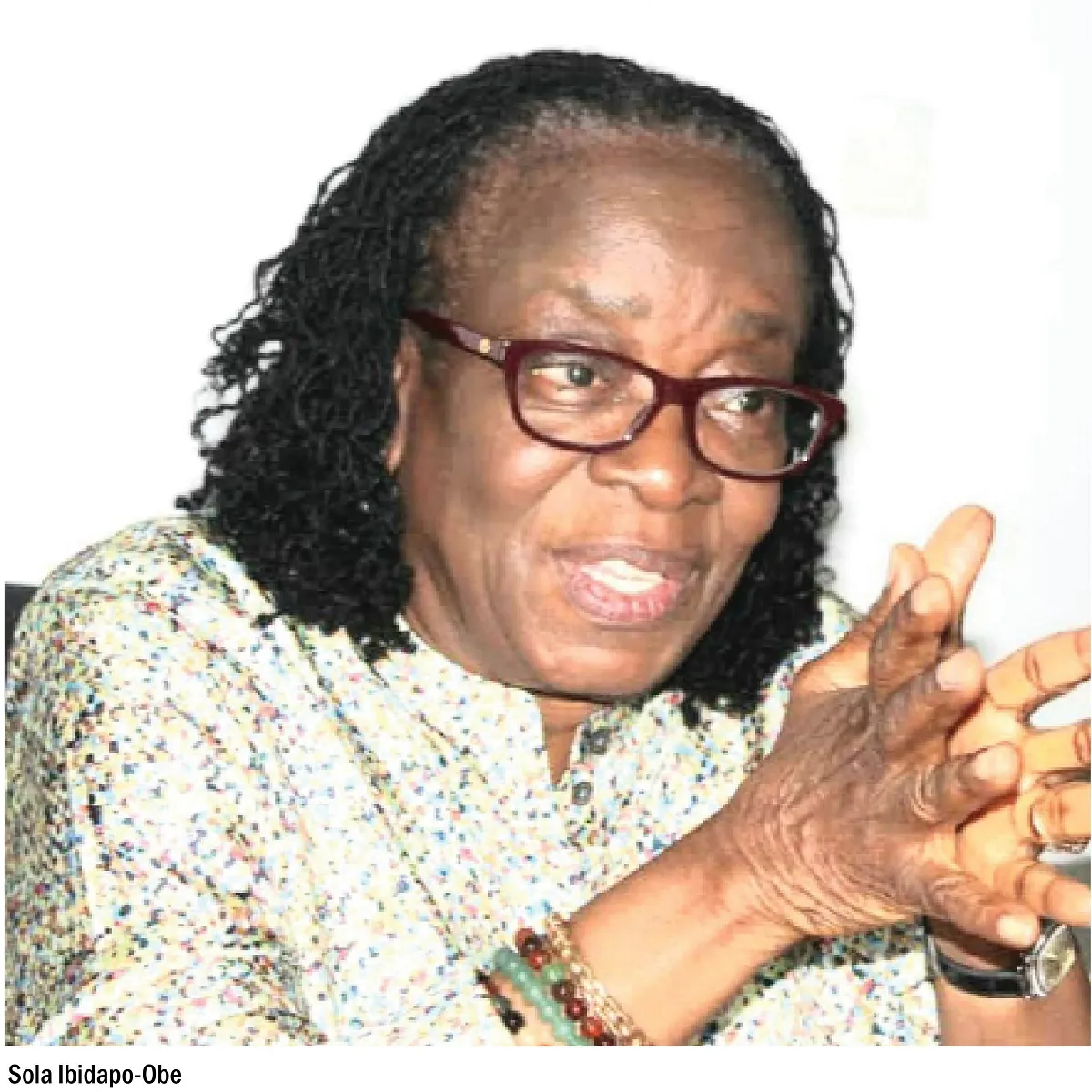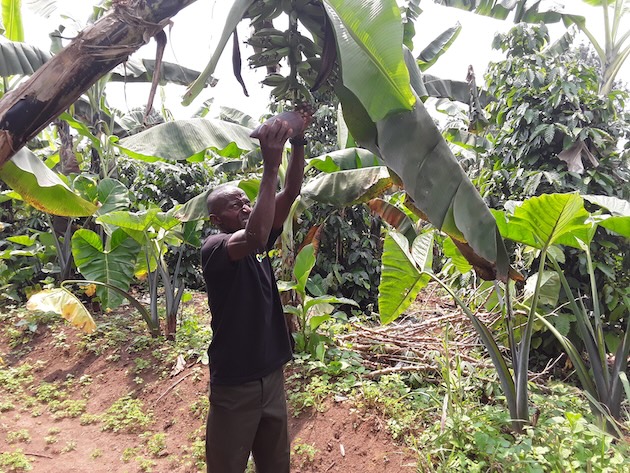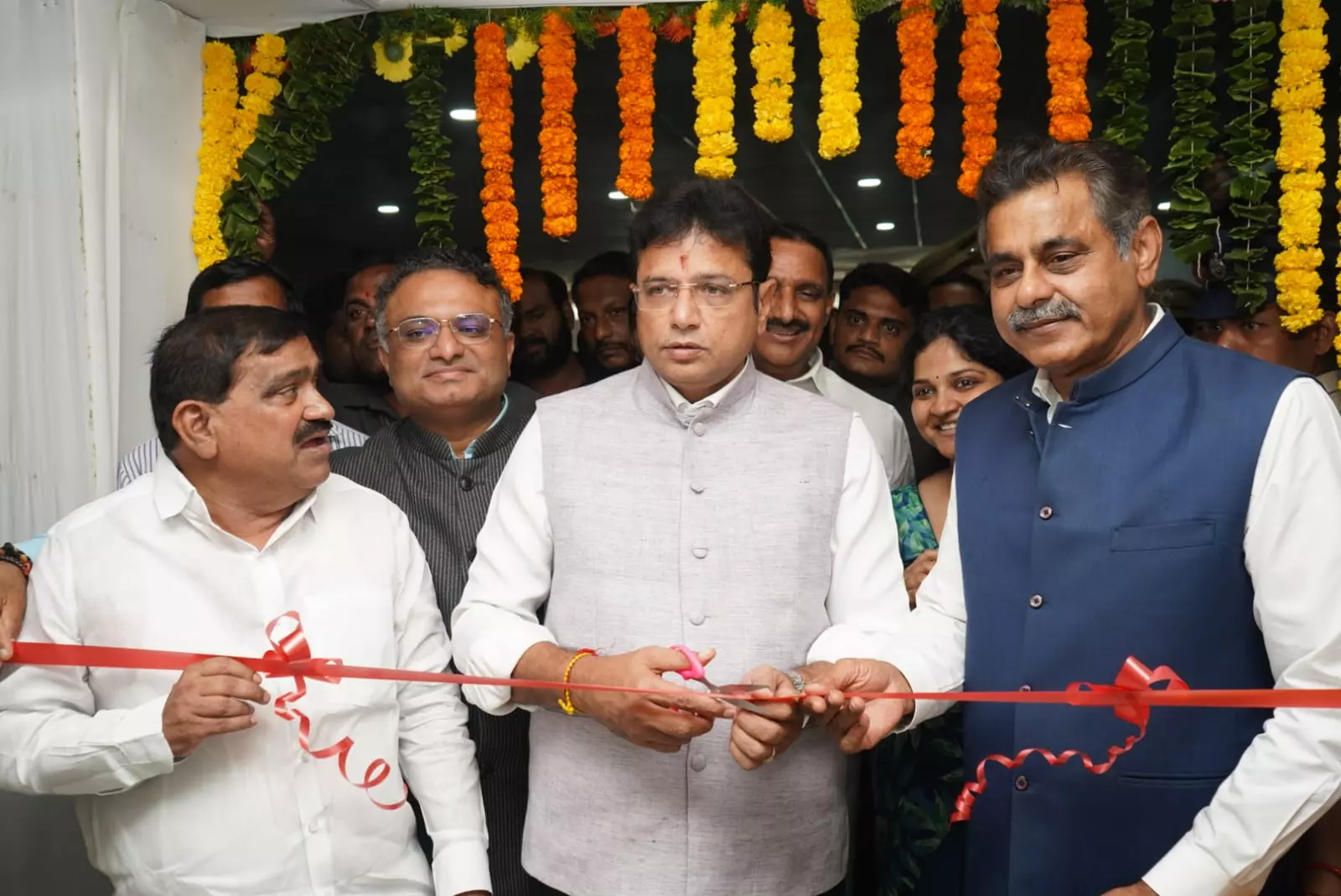By Tunbosun Ogundare
Copyright tribuneonlineng

Mrs Sola Ibidapo-Obe was wife to former Vice Chancellor, University of Lagos (UNILAG), the late Professor Oyewusi Ibidapo-Obe. In this interview, the legal luminary shared fond memories of the past with TUNBOSUN OGUNDARE, including why she dumped a thriving legal practice, immediately her husband was appointed vice chancellor.
Tell us about your background
I’m from a polygamous home, born in Ile-Ife, Osun State over 70 years ago. My father, Mr. Ojutalayo, was a Commodity Produce Officer with the then Western Region. He worked in many places, including Warri, Cameroon, part of Nigeria then, Ibadan, Abeokuta and others. So, I started my primary education in Warri and later came to Ile-Ife to complete it at St. Stephen’s Primary School, Modakeke.
Though I am a native of Ile-Ife, I was enrolled in a primary school in Modakeke. The idea then was to promote love and unity among people of the two communities. So, some families in Ile-Ife deliberately sent their children to schools in Modakeke and mine was one of them.
So, I had both my primary and secondary education in Modakeke.
How was schooling then?
Interesting. Government workers in those days were usually transferred from one place to another and because of that, most of their children were unable to settle down in a particular place to school. They moved with their parents to wherever they were transferred to.
Tell us more about your secondary school days.
I gained admission to Our Lady Girls’ High School, Modakeke. It was a Catholic mission boarding school. Schooling that period was better than now. Our activities were regimented, and every student must abide by them. There was no chance to disobey parents or school authority. The times to resume and close for the day activities were known to everyone, and we’re observed, religiously. To play and engage in many other activities were all regimented and we all enjoyed those lifestyles. I doubt if such practice can work today. But that was the orientation we had. From Our Lady Girl’s High School, I went to Olivet Baptist High School, Oyo, for my HSC and thereafter went to Canada for my university education to study French.
How did you facilitate your studying in Canada?
It wasn’t whether you were from a rich or poor home to travel abroad, particularly to study in those days. It was a matter of exposure and what a student really wanted. Nothing like ‘Japa’ that is common nowadays. It was a matter of applying for a student visa once you had your money to travel.
What informed your decision to study abroad?
Honestly, I wouldn’t know why exactly, even till now. All I knew was that I had many of my friends and schoolmates who had ambition to go abroad to study, and there was nothing wrong for me to think in the same direction.
I was living in Ibadan with a sister of mine who just graduated in Pharmacy from the University of Ife (now Obafemi Awolowo University). I came to Lagos and, usually, there were many lawyers, who stood as intermediaries, rendering services between foreign universities and Nigerian admission seekers.
I think their service charge then was just $10 or thereabout. That was how I filled the form and was offered admission by two universities. One was the University of Waterloo in Canada and the other was Indiana University in America. The two admissions came the same time. But I opted for Canada.
Why Canada?
My boyfriend then, who later became my husband, the late Professor Oyewusi Ibidapo-Obe, happened to be in Canada. So, in a way he had an influence on my choice of Canada.
Truly, many people discouraged me from going to Canada because of the cold weather. But my response to them was that since Nigerians living there survived the weather, I also would survive. So, that was my underlying reason to opt for Canada.
At what point then did you meet your husband?
It was a long story but I will summarise it. We met here in Nigeria and that was immediately after my AL (Advanced Level) at Olivet, Oyo. I will tell the story of how it happened from my husband’s angle. It happened that my father used to have a sawmill where he sold plank, along Ondo Road in Ile-Ife, and there was Lawrence Omole’s Produce Buyers shop close to my father’s Sawmill, along the same road. That Lawrence Omole happened to be from Ilesa where my husband came from; they were related. My husband used to come to that shop, especially during school vacations. He used to spend most of his holidays there. My siblings and I used to go to our father’s sawmill. There was a stream behind their shop where we used to fetch water just like every other family living around. I didn’t know he used to watch us anytime we came to the stream to fetch water with keen interest. Fetching the water was my only concern.
That was in the 60s. My husband told the story himself and honestly, I didn’t know somebody was having an interest in me.
How did you both meet then?
We didn’t meet through the story I narrated. We met on a different occasion. It happened that I had a friend, who was working with a bank in Ilesa, and I went to spend a weekend with her and then my husband had just arrived from Lagos. They were having a social function in their family and somehow we stumbled on each other. You know I said I didn’t know him back in Ile-Ife when we used to fetch water and so on. So, it was him that recognised me and somehow, he knew my friend. That was how my friend brought him to our house. As he saw me and for the first time, he said, ‘You will be my wife.’
I said to myself, I was not thinking of marriage yet because all I had in my mind was to gain admission into the university and not get a boyfriend. But that was how we started our relationship and thereafter, I gained admission and went to study in Canada.
He was in Canada already at that time, and in the same University of Waterloo that offered me admission. That was how we consolidated our relationship that led to our marriage.
What came to your mind when he proposed to marry you?
I think I had said that I wasn’t prepared for anything like that at the time. So, I didn’t accept his offer. I told him we could just be friends because all I wanted was just to go to school. But somehow along the line, things worked out and we became husband and wife years later.
What were your parents’ reactions either side?
There was no opposition, so to say. You know he was from Ilesa and I am from Ile-Ife and our parents were not against our coming together.
How would you describe your husband?
He was a very hardworking man. Once convinced in getting something, he would go for it. He was a loving and caring husband and father to our children. He was also an honest man. If he told you about something, just believe that was what happened. He was known for that. I want to believe people who worked closely with him will testify to all these descriptions of him. He also had hatred for lies. Now, we want to immortalise him with the establishment of a university in his name. Oye Ibidapo-Obe Technical University. The university to be sited in Osu, near Ilesa, will foster transformation of technology education in Nigeria. The project with the former Vice Chancellor of UNILAG, Prof Rahamon Adisa Bello, spearheading it is on already. My late husband was very passionate about education.
What is your relationship like with his family?
Ibidapo-Obe family was a large one. It is just an arm of Obe large family. Under the Obe family, we have Ajayi-Obe, we have Ajumobi-Obe, Akindele-Obe, and then Ibidapo-Obe and so forth. So, talking about Ibidapo-Obe family, the members of that family are civilised if I may use the word. Even back then, they lived in the present. They are not carried away by customs and traditions. They live above those kinds of things. They took me like one of them. For example, my husband was the firstborn of his parents, and I happened to be older than all his siblings with one year or more years. So, to his father and mother, it was like I was their secondborn. They loved me. Even if any of his siblings had cause to introduce me to an outsider, they referred to me as their sister and not their brother’s wife. It’s when they introduced me as Sola Ibidapo-Obe that those people would know I was actually a wife. They wouldn’t introduce me as a sister-in- law. That is the nature of my husband’s family members even till now. They simply see me as one of them and actually that is how it is. And so, I enjoy cordial relationships with them all.
How did people outside the family see you, especially when your husband was the VC of UNILAG?
How would they have seen me? I don’t think people saw me differently other than the wife of the VC. So, I would say people saw me as Mrs. Ibidapo-Obe. People who knew us together knew that once you see my husband, especially when it comes to social gatherings, you would see his wife. We were always together. And that attitude was encouraged by my mother-in-law. She would insist we go out together. Even though, I didn’t know why. We also traveled together most times both at home and overseas. But, as time went by, it wasn’t that convenient for us to always do so together again. But I would still say we went out together more than when we went out separately. So, people knew we were always together. The impression people might have on such our companionship I didn’t know. But I know that those who genuinely loved my husband also loved me.
Then you must have had big influence over his decisions as a VC?
In what way?
Possibly, people used you to get favour from him?
That somebody needed something from my husband, going through me to get to him did not guarantee that such a thing would be given. That was the kind of husband he was. Though I helped many people through him both when he was the VC and after he left office. Let me give one example: When he was the VC of the Federal University in Ebonyi State. One company was to deliver some furniture to us in Lagos and my husband sent somebody to deliver the items. As the people were offloading the furniture from the vehicle and bringing them into the house, there was this young man among them who was doing the work with excitement even as he was sweating. I observed the man closely and then called him aside and asked him the exact vocation he learnt. I was surprised when he told me he was a university graduate, and was doing casual job as a load carrier because he didn’t get a white-collar job.
He said he was carrying loads at Apapa pending when he would get a better job. I asked him again as if I didn’t understand him and he repeated himself. There, I asked him to bring his CV to me and he did. I then related his story to my husband, asking him to help out. He collected the CV and asked the young man to come and see him in Ebonyi. He went to meet him and he was offered employment with the university and till today, the man is working there several years after. That is the kind of help people got from my husband through me.
But many people, especially the public, didn’t hear about you, despite the fame of your husband, particularly in the academic circles. What do you think was responsible for that?
I have been a private person all my life. I didn’t deal with the public directly. So, I worked as a corporate lawyer. I was once a Company Secretary\Legal Adviser with the Nigerian Textile Mills. I worked there for many years. I also worked with the Federal Inland Revenue Service and rose to become the Tax Appeal Commissioner.
But what did you do before then?
After I graduated from Canada, I came back to Nigeria and I went for my one year National Youth Service Corps programme. It was during Festac 77 event, and I was posted to the place as one of the protocol officers. After the event, I joined Nigerian Broadcasting Corporation (NBC) to complete my one-year youth service programme. Later, I joined the Federal Ministry of Finance between 1978 and 1979. I left there in 1980 when I gained admission to UNILAG to study Law. You know my degree in Canada was in French. So, it was after my law degree that I joined Nigerian Textile Mills where I rose to become company Secretary\Legal Adviser. Later, I went back to UNILAG for my Master degree in Law. Then, I worked with Textile Mills until I opened my own private law firm. I was practising in a little way I could until my husband became the UNILAG VC.
Are you saying you quit private practice as a lawyer because your husband became VC?
That was what happened. Initially, I thought I should be able to continue with my law practice but at a point, it became so difficult to do so.
In those days, university students were always protesting. You would see them agitating for one thing or the other. If it was not for water shortage, it would be for electricity outage and so forth. So, they would come to wake you up in the middle of the night that there was no water. They would come another day to wake you up that there was no light and that they were to prepare for exams. They would come for all manner of complaints and they would want those concerns resolved immediately. Students didn’t want to know if you have limited resources or not. They just wanted things done immediately. The lecturers and other workers also had their own demands that VC must meet. The threat from cultists was another issue entirely, then. So, the agitations were always from both left and right, putting the VC at the centre. That was the situation at UNILAG that period.
Could you be specific on these?
There were many examples I can give, but I will talk on only one, which I will never forget. It was in the late 2004 or early 2005. Students went on protest and I can’t remember now what they protested over. But the protest was intense. The students mobilised themselves and came to storm our residence, the VC’s lodge, around 3.00am. We were afraid, particularly, me. So, we didn’t know what to do to escape. The only way to escape was through the Lagoon. But we were afraid. We thought of what would become of us if our boat should capsise midway, especially considering the time. But somehow, we summoned courage to escape by land. We used two cars to escape. My husband drove one and I drove the second one. We drove past them and they didn’t realise we were the ones. That was how we both escaped out of the campus that night. So, that period wasn’t a peaceful one. That is why I can still remember the experience several years after.
It got to a point I advised him to resign and leave the VC job but the then president, Chief Olusegun Obasanjo, who was in power at the period, waded in. He encouraged him not to resign. That he should carry on. He (Chief Obasanjo) then assured him of necessary support and he did. He really stood by us.
So, to be a VC of UNILAG in those days required full support of the wife. I don’t know the situation now. But in the past, UNILAG VC was not an easy job.



